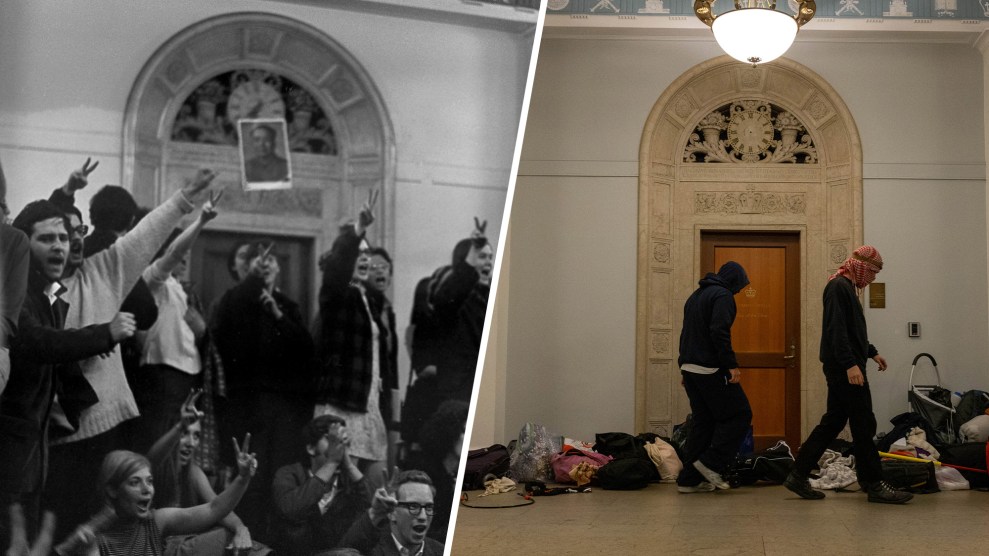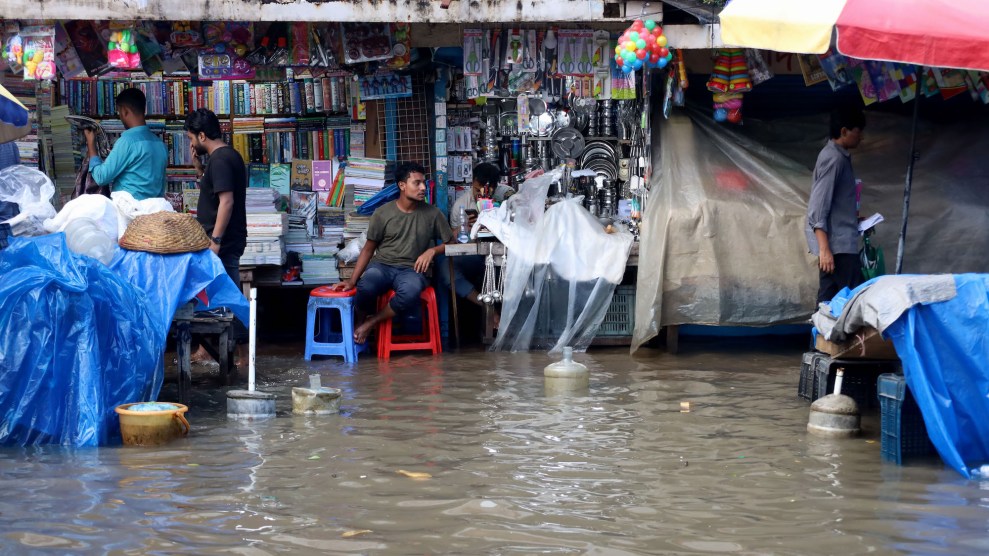This footage, taken from CNN, is interesting purely for voyeuristic reasons. Where do these Somali pirates come from? To where do they return when their pirating is done? The town of Eyl in Somalia’s Puntland region is believed to be a prime operating base of Somalia’s pirate class, a place where virtually everyone is involved in some way in the plundering of commercial ships passing through the Gulf of Aden. Not much happens in this video (and by that I mean, like, nothing), but never has a lonely, windswept walk along a dirt road seemed so fascinating. Take a look.















